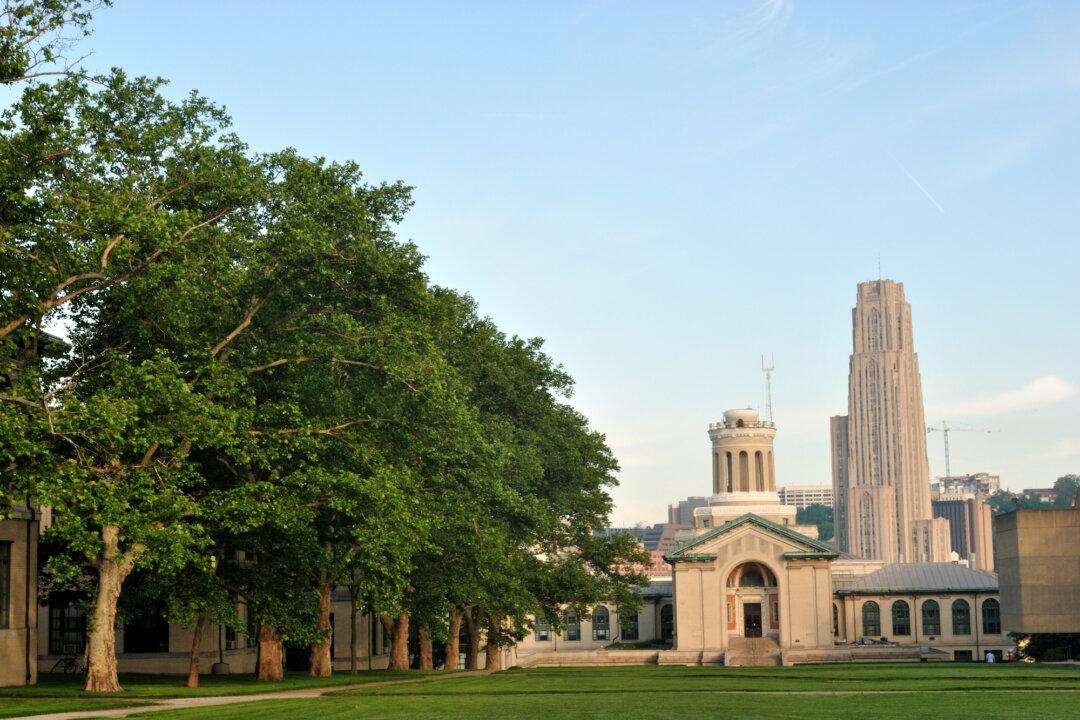Carnegie Mellon University said on Tuesday it is handing eligible employees a one-time $1,500 check to help them deal with the ongoing inflation.
“The goal is to assist employees in addressing the impacts of inflation that have been so prevalent over the past several months,” CMU President Farnam Jahanian said in a message to faculty and staff. “As you are aware, and as was mentioned during the recent university-wide town halls, we are seeing cost increases across society, including in food prices, at the gas pump, in the cost of energy for our homes, transportation expenses, and more.”





